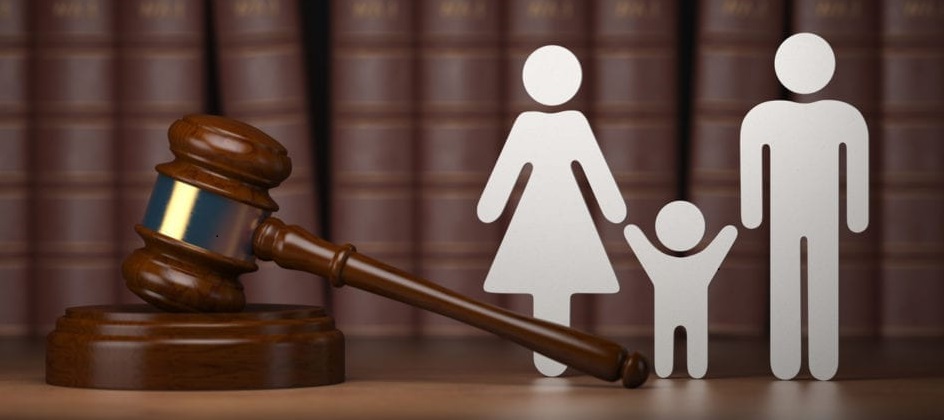Child custody in the UK is a complicated matter as it concerns itself with parental legal disputes that occur through the unfortunate break down of a marriage. It is after a marriage ends in divorce or separation that then legal proceedings come into action and a decision must be made on which parent will be primarily in charge of looking after a child or children.
It is not easy to decide such family law related matters in the courts which is why in the UK it is common for both parents to have a 50/50 split over the time spent caring for a child after a divorce or separation takes place. Most parents opt for this route as they can both take part in making sure the child is ok and be involved in the decision-making process surrounding the child/children’s lives. This is usually the case for marriages that end in an unresentful fashion, whether the parents do not have strong negative feelings towards one another.
However, it can also occur that a marriage ends in a terrible way where there is a lot of hate between the formerly married couple, and an intense divorce has taken place. It is here that the courts must get involved in making the decision on what is best for the child/children in question. When the court gets involved, they will often resort to either establishing “agreed residency” for the child/children or formulate a plan to create a “joint residency” timetable that must be acknowledged by both parents. For more information, feel free to consult a highly qualified team of expert family lawyers in London by speaking with Gulbenkian Andonian Solicitors.
There are no specific rules in UK Family Law that enforce that a child or children must live with a mother or a father. Generally, when a custody dispute takes place, they involve a child’s mother and father, but it can also happen that they involve a 3rd party to the parents such as another family member who is close to the child such as a grandparent(s). This can happen for example if parents are unfit to parent their child/children or through the unfortunate cause of the death of a parent which may encourage a grandparent or another family member to apply for custody. If a case goes to court, the criteria of parents being unfit to handle looking after a child, then a judge may rule in favour of another family member taking responsibility if a relevant claim has been made, but it is important to note that UK family courts try to maintain the stance that parents are more than likely the best possible individuals to care for a child after a divorce or separation has taken place.
In past examples of UK family law cases that have been taken to court, there are a number of examples to show that sometimes the court rules against a parent and they have had their rights towards looking after the child terminated. Such an outcome is related to the behaviour and mental state of the parent and is decided upon looking at the child’s safety and well being as he/she grows up. If you are a parent who has legally lost the rights to your children, you can re-apply to the courts for your case to be heard once again, the evidence to be reanalyzed and a reassessment to be made.
UK Family Law is a complicated matter, and the issue of child custody UK can be a process full of emotions and feelings that are very stressful for parents when a divorce or separation is taking place, and courts have to get involved in family life matters. This is why it is always useful to seek legal guidance from family lawyers who can deconstruct your specific case, analyse the details and provide you with the best plan of action in terms of advice. If your case gets referred to the court, it is a judges job to assess the evidence provided and try to make sure that your child’s wellbeing is safeguarded especially during a turbulent end to a marriage which can have negative consequences on a child upbringing, their mental development and social adaptation.
Such topics of family law can be extremely delicate therefore it is especially important to speak with a qualified expert to outline your case, know your rights and try to get the best possible outcome for the future of your children once a marriage ends. A qualified lawyer will be able to fight your corner in the courts and make sure that you gain the representation you need, and your case is presented adequately and with strength.
